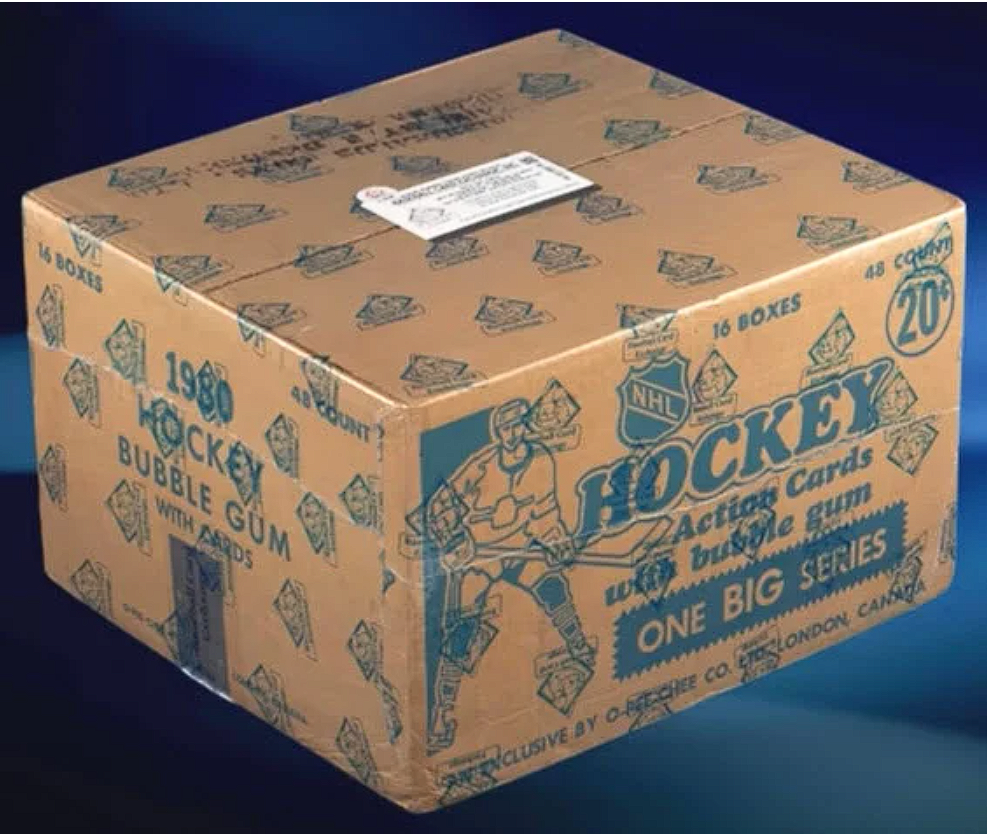In the intriguing world of collectibles, where the passion of the collector often matches the rarity of the collection, a unique narrative has unfolded revolving around a 1979-80 O-Pee-Chee Hockey card case. This isn’t just any collectible; it’s a treasure trove valued at a cool $3.7 million, initially snagged by Jack Arshawsky, a Vaughan-based real estate mogul with an eye for extraordinary investments. However, the saga doesn’t stop at the fall of the auctioneer’s gavel. Instead, it veers into a quest driven by an unexpected twist—finding a new curator who can match, if not surpass, the passion required to cherish this rare find.
Jack’s journey into the high-stakes world of collectibles began at a Heritage Auctions event in February, where he outbid competitors to claim the card case. However, his victory was soon shadowed by reservations. Having paid a substantial $3 million portion of the total sum, Jack encountered tales of the underbidder – a fellow enthusiast whose disappointment echoed in Jack’s decision to reconsider the destiny of his new acquisition. The realization dawned on him that perhaps this precious collection deserved an owner with a deeper-rooted passion for these artifacts.
The challenge he faced was not trivial. The hockey card case, after all, is no ordinary collection. It comprises 16 boxes, each lovingly filled with 48 unopened packs believed to nestle at least 25 Wayne Gretzky rookie cards—holy grails for collectors. The items’ age, mint condition, and the allure of their contents make them an almost mythical find, authenticated by the Baseball Card Exchange and zealously sealed away once more for preservation.
Jack’s ensuing mission saw him reaching out to Canadian powerhouses who could potentially share and foster the enthusiasm these cards demanded. From Edmonton Oilers’ owner Daryl Katz to cultural icon Drake and hockey legend Wayne Gretzky himself, Jack cast his net wide, hoping to secure a worthy successor. Nonetheless, despite his commendable intentions and exhaustive efforts, a suitable enthusiast remains as elusive as a ghost puck in a heated playoff.
Heritage Auctions, meanwhile, has kept the case under the vigilant watch of their Texas vault. Indeed, their accommodating stance on holding the item post-auction highlights the often-complex logistics involved with such high-value items. They tread patiently, understanding of Jack’s noble intent yet bound to the practical necessities of their consignors.
Caught in this web of high emotions and higher values, Jack enlisted the expertise of Hy Bergel, a Toronto lawyer, to navigate the intricacies of this unusual situation. Together, they continue the search, hoping to find someone whose heart beats in sync with the vintage slap of a puck—a collector who sees beyond the monetary value to the historical and emotional resonance of the items.
Amidst this, Jack’s contemplation has wandered to realms of personal nostalgia. Should finding a commercial successor fail, he muses on bestowing the case upon a childhood friend, a gesture as poignant as it is generous, highlighting a willingness to prioritize emotional worth over financial gain.
Thus as the hockey card case sits quietly in its vault, the storyline around it is anything but dormant, driven by a narrative of passion, nostalgia, and the ceaseless hope that somewhere out there is a collector with a heart as capacious as their wallet, ready to continue the legacy of this extraordinary assembly of cardboard chronicles. Perhaps, in this twist of fate, the true value of collecting shines brightest—not merely in the items amassed but in the stories they gather and the hands they pass through.
